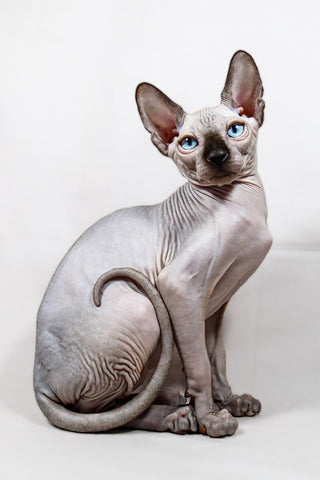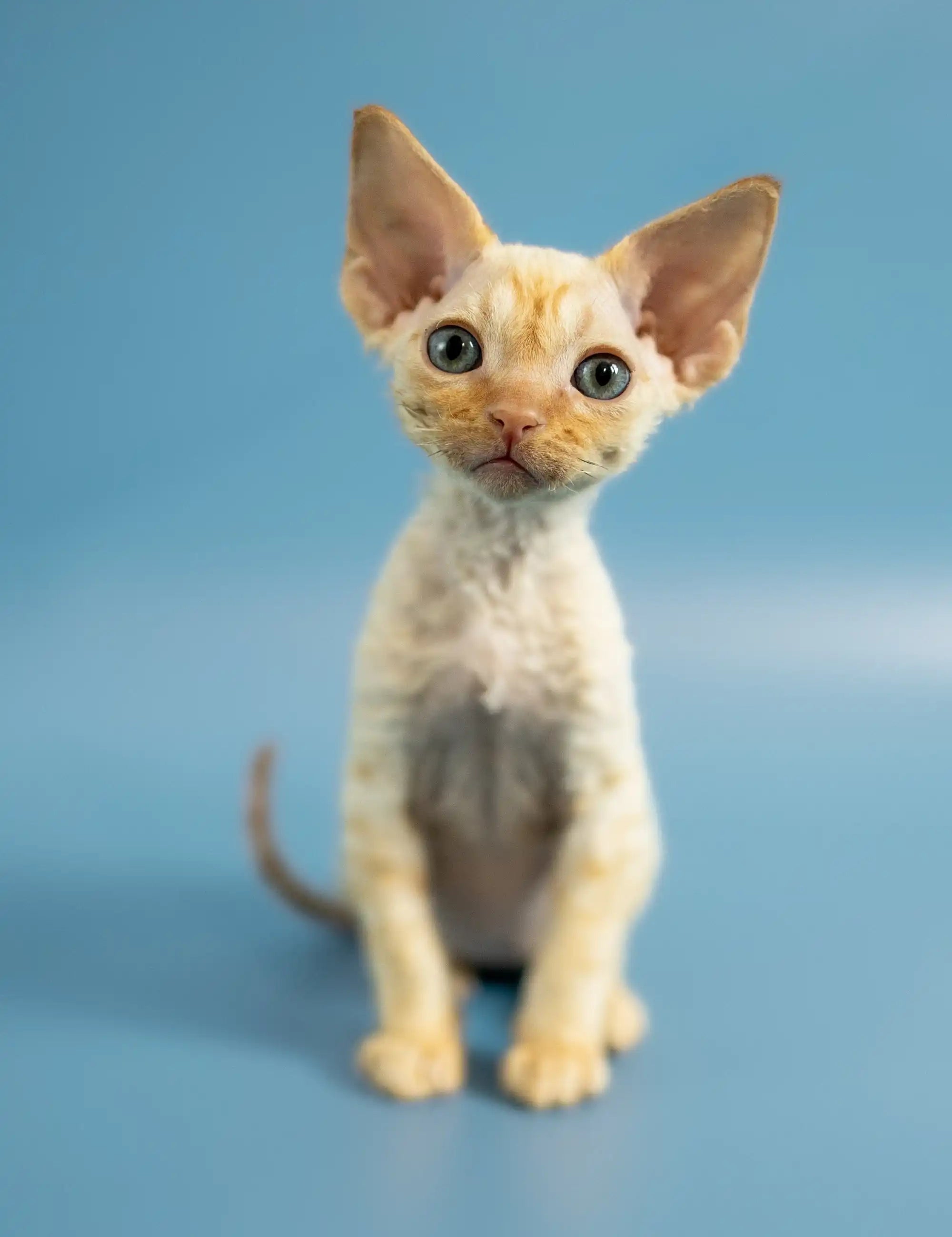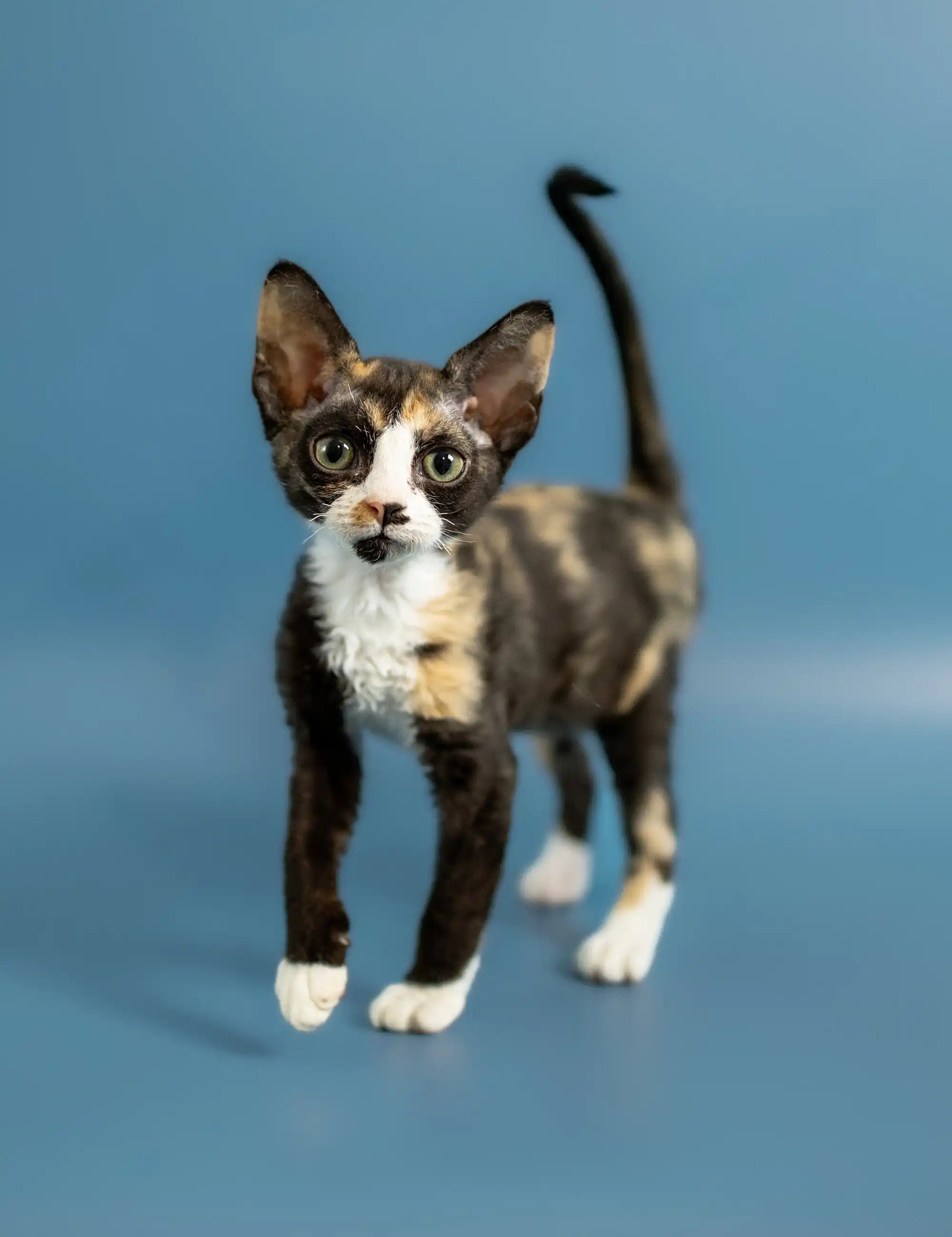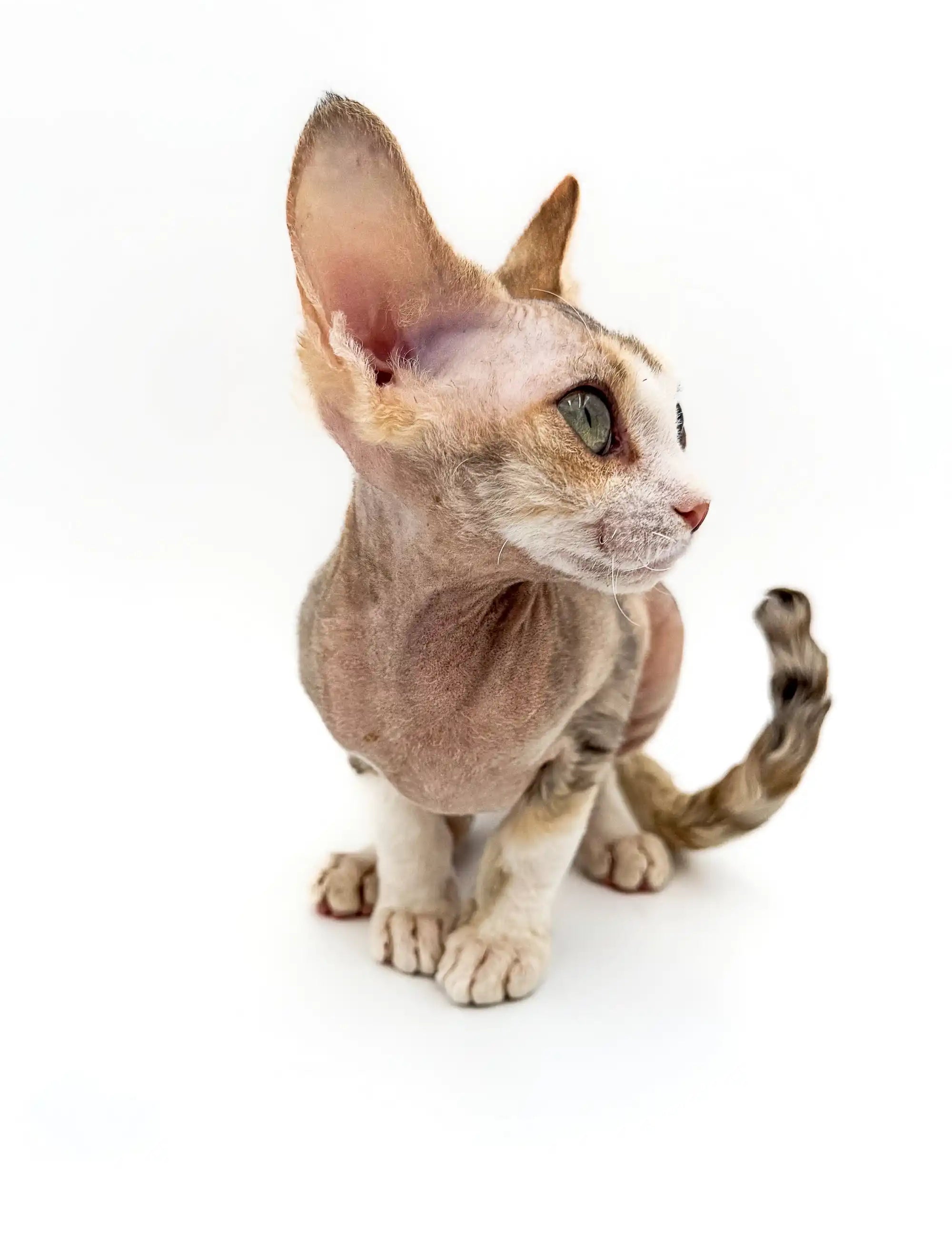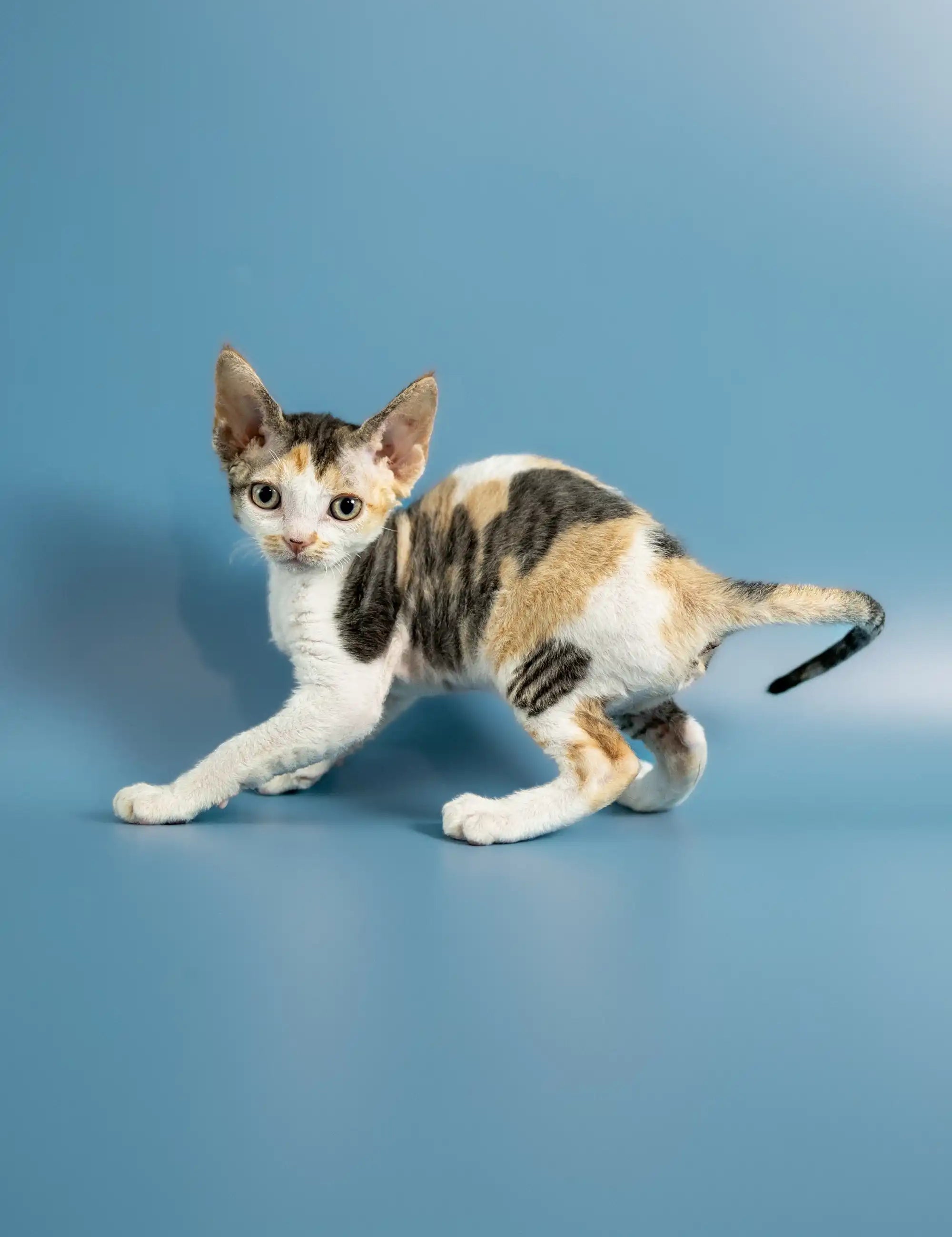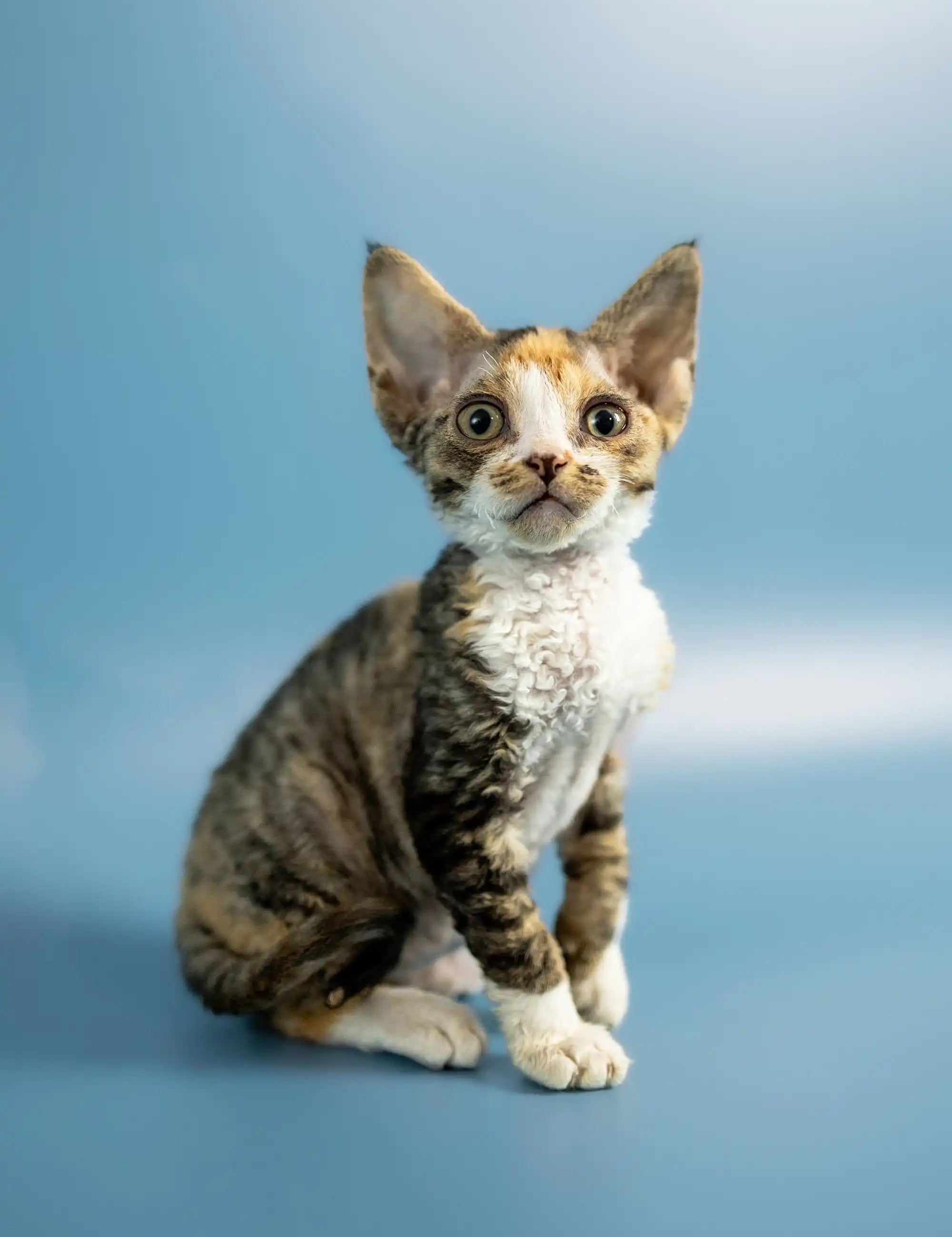Breeding Sphynx Cats: Considerations and Ethics

Introduction
Breeding Sphynx cats is a fascinating endeavor that requires careful planning, dedication, and a deep understanding of feline genetics. These unique, hairless creatures have captured the hearts of cat enthusiasts worldwide. However, it's crucial to approach Sphynx cat breeding with responsibility and ethical considerations. In this article, we'll delve into the various aspects of breeding Sphynx cats, from selecting suitable breeding pairs to ensuring the well-being of both the cats and their offspring.
Understanding the Sphynx cat Breed
Before embarking on a breeding journey, it's imperative to have a comprehensive understanding of the Sphynx breed. These cats are characterized by their lack of fur, wrinkled skin, and large ears. Their lively and affectionate nature makes them popular pets. Knowing the breed's history, temperament, and unique care requirements lays the foundation for responsible breeding.
Selecting Breeding Pairs
Selecting the right breeding pairs is the cornerstone of successful Sphynx cat breeding. Consider factors such as genetic diversity, health, and temperament. Avoid breeding cats with known hereditary conditions to ensure the health and vitality of the offspring. A reputable breeder will conduct thorough health screenings before proceeding with a breeding program.
Genetic Considerations
Understanding the basics of feline genetics is crucial for any breeder. Familiarize yourself with dominant and recessive traits, and be aware of potential genetic health issues that can affect Sphynx cats. This knowledge will guide your pairings and help you make informed decisions about which cats to breed.
Preparing for Breeding
Once the breeding pairs have been selected, it's essential to create a conducive environment for the mating process. Provide a comfortable and stress-free space for the cats, ensuring they have access to high-quality nutrition and veterinary care. Regular check-ups and a balanced diet are vital for the health of both the breeding cats and their future kittens.
The Mating Process
Observing the mating process closely is crucial. Familiarize yourself with the signs of a successful mating and be prepared for potential challenges. It's advisable to have a veterinarian on standby in case any complications arise.
Pregnancy and Care of the Expectant Mother
During pregnancy, the expectant mother requires special care and attention. Monitor her closely for any signs of discomfort or complications. Provide a balanced diet tailored to her specific needs, and ensure she receives regular veterinary check-ups to track the progress of the pregnancy.
Birth and Neonatal Care
When the time comes for the kittens to be born, create a safe and clean birthing environment. Be prepared to assist the mother if necessary, but also allow her to take the lead. Provide proper neonatal care, including warmth, nutrition, and regular weighing to monitor the kittens' development.
Ethics in Sphynx cat Breeding
Responsible breeding extends beyond the technical aspects. It encompasses ethical considerations, such as avoiding overbreeding, prioritizing the well-being of the cats, and finding loving homes for the kittens.
Avoiding Overbreeding
Overbreeding can have detrimental effects on the health and well-being of the cats. It's essential to have a well-defined breeding plan and to give the mother ample time to recover between litters.
Conclusion
Breeding Sphynx cats can be a rewarding endeavor for dedicated cat lovers. By approaching it with careful planning, a commitment to ethical practices, and a deep love for the breed, you can contribute positively to the Sphynx cat community. Remember, responsible breeding is about ensuring the health, happiness, and well-being of these remarkable feline companions. Explore the importance of regular vet check-ups for your beloved Sphynx cat in this insightful article: Sphynx Cat Health Check: The Importance of Vet Visits. Ensure your feline friend's well-being with professional guidance. Visit the link for valuable insights.
FAQs
- How often can a Sphynx cat be bred?
Sphynx cats should not be bred more than twice a year to allow for proper recovery and ensure the health of the mother.
- What are common genetic health issues in Sphynx cats?
Hypertrophic Cardiomyopathy (HCM) and certain skin conditions are among the genetic health concerns in Sphynx cats.
- How can I find a reputable Sphynx cat breeder?
Look for breeders who prioritize the health and well-being of their cats, conduct thorough health screenings, and provide a nurturing environment for their cats and kittens.
- What is the average lifespan of a Sphynx cat?
With proper care, Sphynx catscan live between 12 to 15 years.
- What should I consider when adopting a Sphynx kitten?
Ensure the kitten comes from a responsible breeder, inquire about the kitten's health history, and be prepared for the unique care requirements of a Sphynx cat.
- Tags: sphynx
